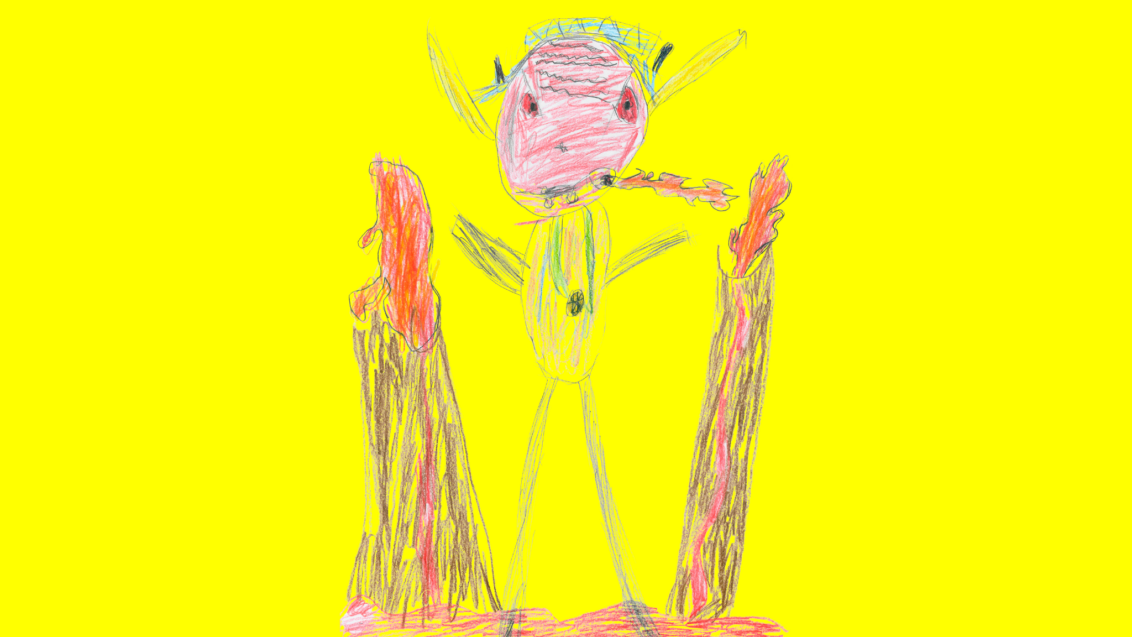Personality vs. hard skills:

A recent study in which we surveyed over 100 HR experts in German companies clearly shows that the majority of companies are aware of the importance of personality and soft skills in recruiting. Many HR professionals are also aware of their own shortcomings when it comes to finding the right talent for the right positions. At the same time, they are hesitant about using the latest AI technology to make better decisions. The fact that the big American tech providers in particular are focusing on AI is certainly a major factor in this. It is therefore time to focus on what ethical AI made in the EU can do for recruiting.
What drives hiring and firing decisions?
What criteria do HR managers use to select new employees? – 62% of respondents stated that they prioritize personality traits such as soft skills and overall character. In contrast, 38 percent prioritize professional skills such as qualifications and specialist knowledge.
When asked about the reasons why companies part ways with employees, 72% of the HR experts surveyed said that problematic individual characteristics or behavior were the most common reason for employee dismissal. Only 28% cited inadequate professional skills or performance as the main reason.
When asked who is best at assessing personality traits, the figures were surprising: Only 17% of respondents trust their own judgment. In turn, only two percent believe that a highly specialized AI alone can make this assessment objectively and reliably. The majority (79%) prefer a combination of human judgment and AI-supported diagnostics.
Low success rate for personalities
The figures reveal a significant discrepancy: although 62% of companies consider personal characteristics to be the most important factor in recruitment, the success rate remains low. This is shown by the high termination rate due to problematic behavior (72%).
A core problem lies in the subjective assessment of soft skills and character traits. Unconscious bias can lead to recruiters making the wrong decisions despite their best intentions.
What companies can do
Recognize and minimize bias: Consciously dealing with cognitive bias can significantly improve the quality of decisions. We have summarized the 14 most important bias types here.
Use human-AI combination: Modern, highly specialized AI diagnostics can help to assess personality traits more objectively and accurately. According to current research, the latest AI models already achieve ten times the neuronal capacity of the human brain (source). With the help of AI, recruiters can conduct scientifically sound assessments within a fraction of the time and at a fraction of the cost of traditional assessment centers. And this can be done at a very early stage in the application process.
Introduce EU AI Act-compliant solutions: The use of AI in recruiting should be based on the requirements of the EU AI Act to ensure transparency and fairness. Particularly in view of the political developments in the USA, it is advisable to rely on solutions made in Europe.
Conclusion
AI-based diagnostics can significantly reduce wrong assessments and enable companies to make better hiring decisions in the long term. Everyone benefits from the responsible use of technology – HR professionals in their day-to-day work, applicants looking for the perfect job and companies that want and need to retain skilled workers in the long term.
Now is the right time to make recruiting processes data-driven and future-proof. We don’t have to look overseas to do this, but can rely confidently and with a clear conscience on solutions made in the EU.
About the study: As part of the “Recruiting Trends Conference 2025”, we conducted a quantitative online survey in which 110 experts from HR management, recruiting and talent acquisition took part. The sample comprised 65 female and 45 male participants from companies in Germany. You can download a summary of the study here.
Prof. Dr. Florian Feltes
Prof. Dr. Florian Feltes is co-founder and co-CEO of zortify and a forerunner in AI-supported HR innovation. Together with his team, he develops intelligent personality diagnostics and helps companies identify the perfect candidates—without expensive assessments and without bias. His vision: a world in which every company can effortlessly form high-performance teams and create work environments that allow human potential to flourish.


73% of all talents are ready to make a move – but only if you do!

Finding the right talent does not allow for compromises!
